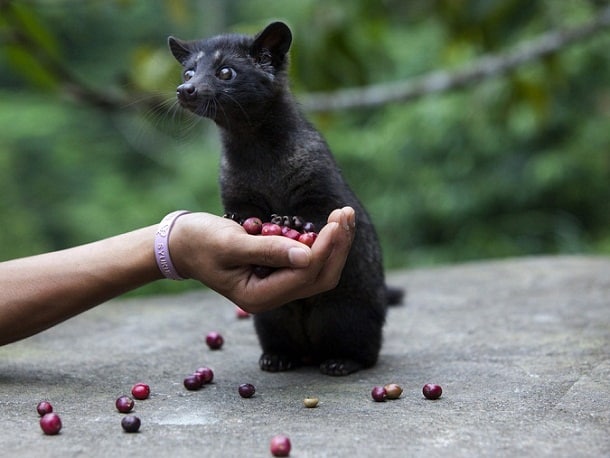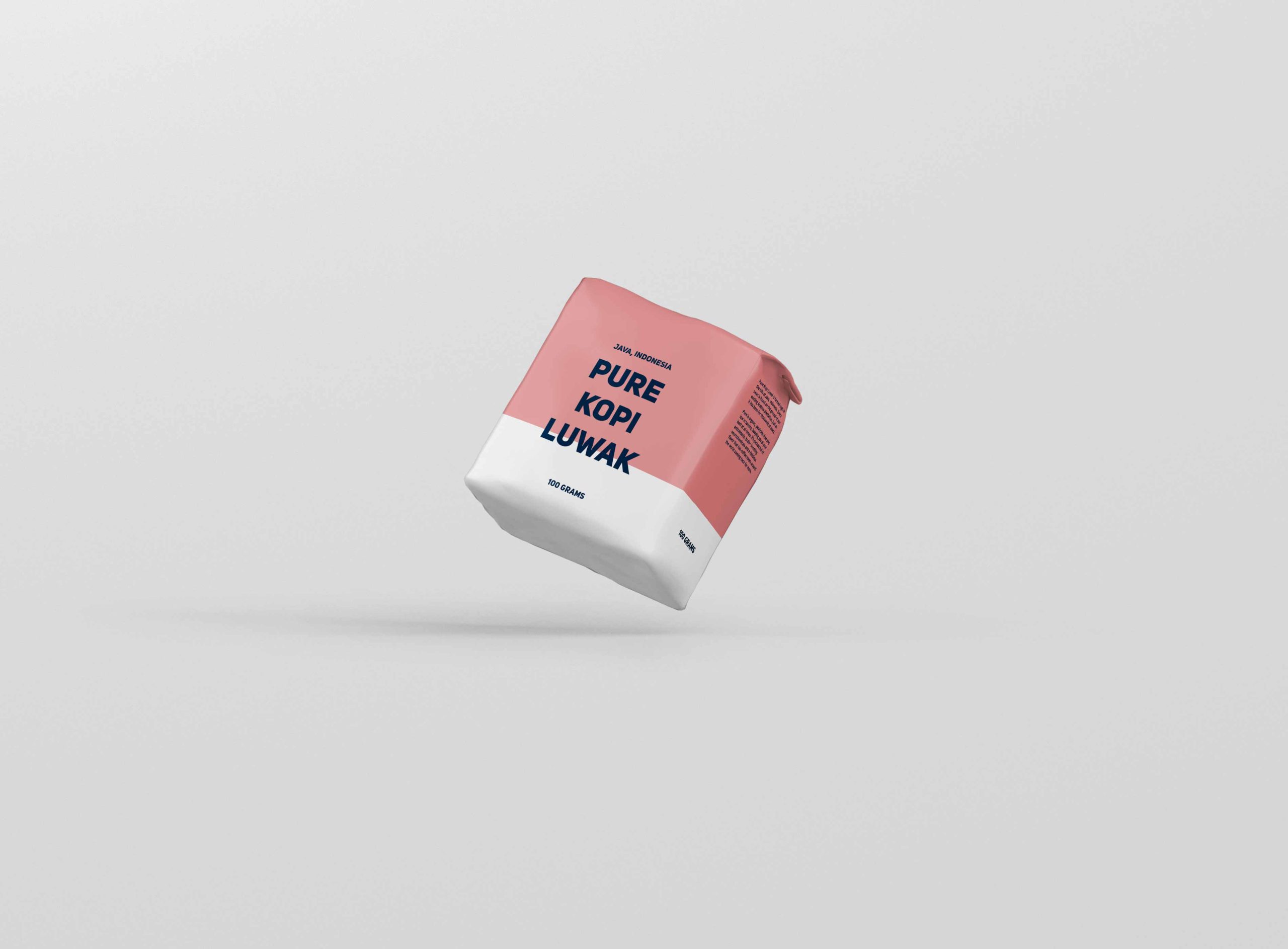Tannins are a family of organic compounds present in a great number of plants and fruits, including grapes, tea leaves, tobacco leaves, tree bark and coffee. They’re part of a very large family of compounds called polyphenols and, as it happens in all families, there are some beneficial, helpful members of that family as well as the occasional bad apple. Some tannins act as antioxidants—those wonderful compounds that fight off free radicals and help prevent cancer—while others are actually carcinogens. As a result, we can’t apply a blanket “good” or “bad” assessment to tannins as a whole—it all depends how you look at it.

The tannins in coffee stain teeth and turn them yellow. We recommend switching to a low-tannin coffee like Pure to ensure your pearly white smile stays that way.
Why do tannins yellow my teeth?
Doctors and specialists agree that one of the “bad” sides of drinks high in tannins—red wine, tea and most brands of coffee come to mind—is that they yellow your teeth. This occurs because tannins bind or stick to many of the proteins that dissolve in water, making them precipitate in the form of complex tannin-protein molecules (precipitation is when something that was dissolved and moving freely in a liquid is “taken out” of the solution and turned back into a solid). When the tannins in wine, tea and coffee precipitate thin layers of these tannin-protein complexes on the surface of the teeth’s enamel, they cause the teeth to go yellow. This is why someone who drinks a lot of red wine often has noticeably yellow teeth.
How to prevent coffee from staining your teeth
There is a bit of good news in all this: coffee may not be the worst culprit of these drinks. When a group of researchers compared the tannin content of coffee with tea, they discovered that green coffee contains around 0.7% by weight in tannins, roasted coffee around 1.8%, and tea up to 3.7%. With that said, though, the tannin content of coffee is still quite high, and if you drink it every day, you will definitely notice some yellowing in your teeth. The only true way to reduce the effect of tannins on your teeth is to reduce your exposure to tannins altogether.
Fermentation: The little-known key to eliminating tannins
Most mammals are incapable of degrading or breaking down tannin-protein complexes, since these complexes are, well, highly complex. However, many studies have proven that the bacteria present in the gastrointestinal (GI) tract (the intestinal flora) of certain species of mammals can. If you want to dive into the scientific literature on this, here’s a brief selection of where our information is coming from: Osawa, 1990; Bhat, Sighn & Sharma, 1998; Osawa, 2000; Kondo 2014.

Civet coffee, also known as kopi luwak or cat poop coffee, is known to be some of the tastiest and the healthiest coffee in the world.
The main takeaway from these studies is that the processing ability of the GI bacteria in these different mammals—ranging from humans, koalas, horses, pigs, livestock and others—ranges widely. Other studies have also shown that fermentation outside the body using the same bacteria can reduce tannin content in sorghum to less than half its original value. All of this evidence shows that fermenting coffee with certain bacteria breaks down and degrades tannins on a chemical level, reducing the amount of tannins that make it into your coffee cup. In simpler terms, fermented coffee is healthier for your teeth than regular coffee.
Why you should drink low-tannin coffee
This is one of the reasons we’re so excited about Pure, our low-tannin kopi luwak that’s energizing coffee lovers all around the world. Since all of our beans have been digested and fermented in the GI tract of the Asian palm civet cat, Pure is a smooth, great-tasting coffee that’s packed full of health benefits you won’t find in any other coffee. It’s organic, 100% wild and taking the world by storm. Take care of your teeth and try Pure today.

